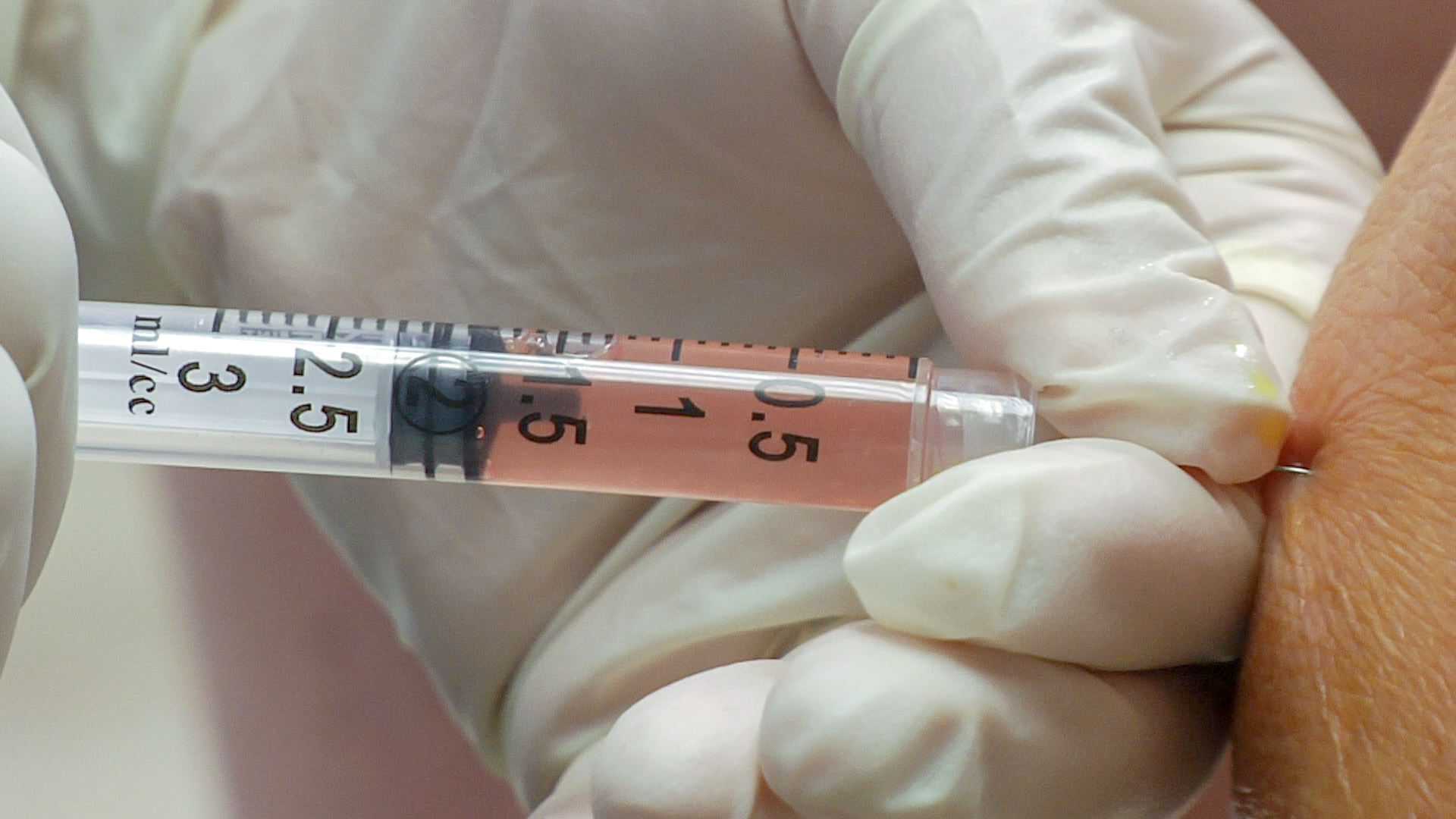Q&A: Bioethicist Leigh Turner on the worrisome boom in unregulated stem cell clinics
By Megan Molteni,
STAT
| 11. 08. 2021
In 2016, the Food and Drug Administration put the emerging stem cell cottage industry on notice. At the time, a few hundred clinics were peddling experimental stem cell therapies costing between $2,000 and $25,000 for conditions ranging from chronic pain to autism to multiple sclerosis without solid scientific evidence that they worked. Federal regulators asserted that the stem cells being sold — usually taken from a patient’s body and slightly processed before being re-injected — were drugs, and therefore required a rigorous approval process.
After contentious public hearings, the agency offered a sort of compromise. For three years, starting in November of 2017, regulators would exercise “enforcement discretion.” In other words, mostly look the other way. The idea was to give the stem cell clinic operators time to convince the agency their products were safe and effective before the crackdown came. The alternative would be to shut down or move abroad.
But according to a new analysis, the period of enforcement discretion led to a boom in the unauthorized stem cell business. “Embedded in that plan was...
Related Articles
By David Jensen, California Stem Cell Report | 02.10.2026
Touchy issues involving accusations that California’s $12 billion gene and stem cell research agency is pushing aside “good science” in favor of new priorities and preferences will be aired again in late March at a public meeting in Sacramento.
The...
By Roni Caryn Rabin, The New York Times | 01.22.2026
The National Institutes of Health said on Thursday it is ending support for all research that makes use of human fetal tissue, eliminating funding for projects both within and outside of the agency.
A ban instituted in June 2019 by...
By David Jensen, The California Stem Cell Report | 12.11.2025
California’s stem cell and gene therapy agency today approved spending $207 million more on training and education, sidestepping the possibility of using the cash to directly support revolutionary research that has been slashed and endangered by the Trump administration.
Directors...
By Frankie Fattorini, Pharmaceutical Technology | 12.02.2025
Próspera, a charter city on Roatán island in Honduras, hosts two biotechs working to combat ageing through gene therapy, as the organisation behind the city advertises its “flexible” regulatory jurisdiction to attract more developers.
In 2021, Minicircle set up a...




